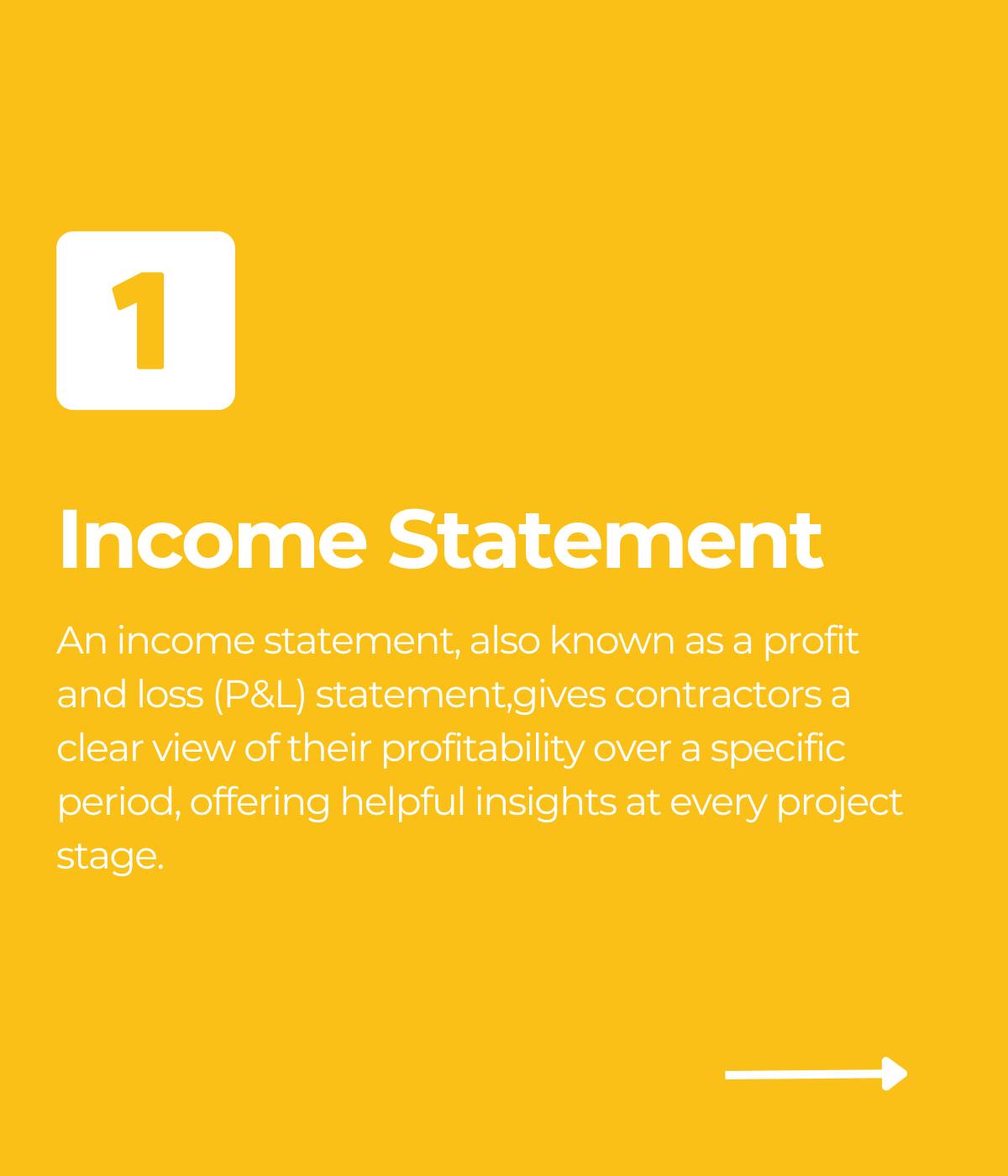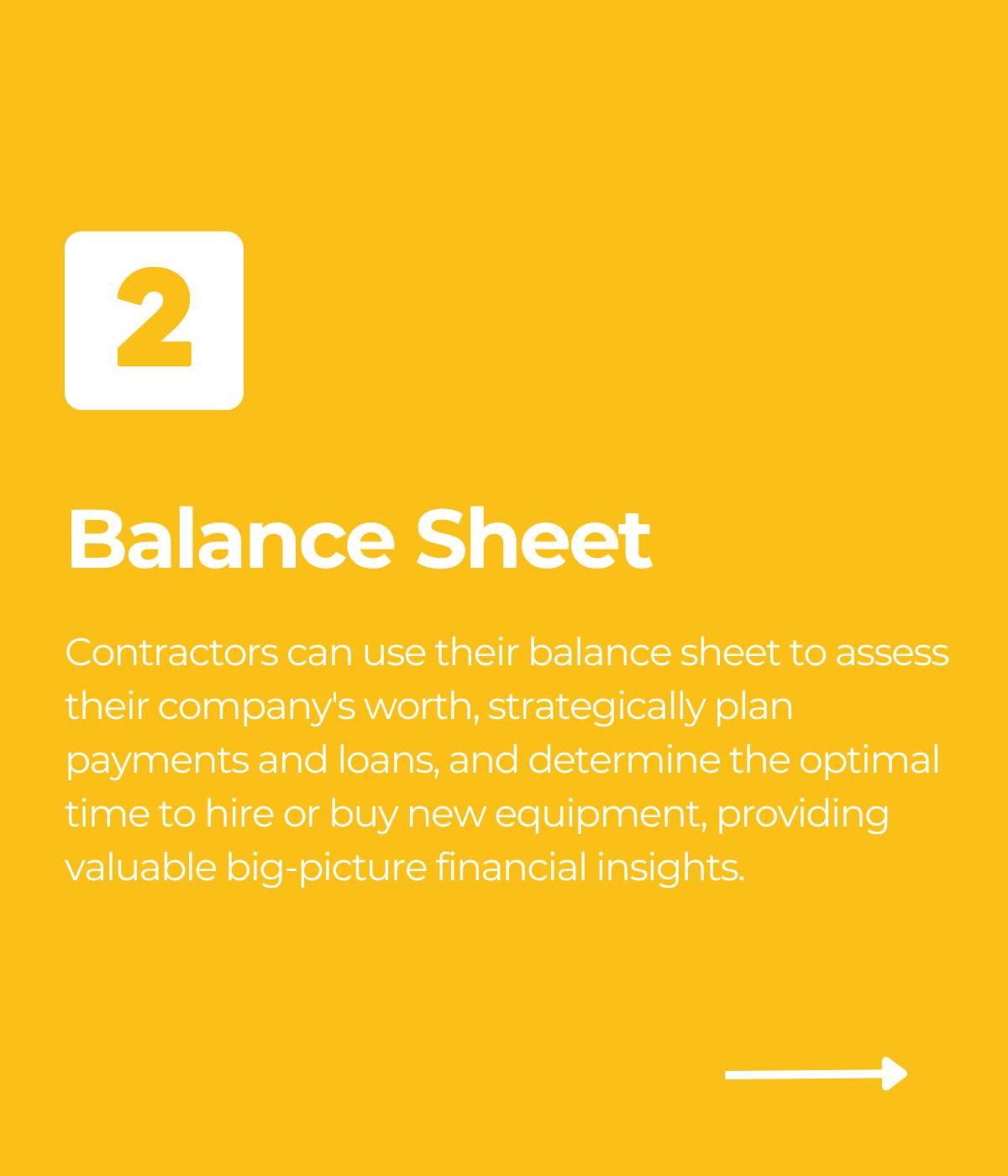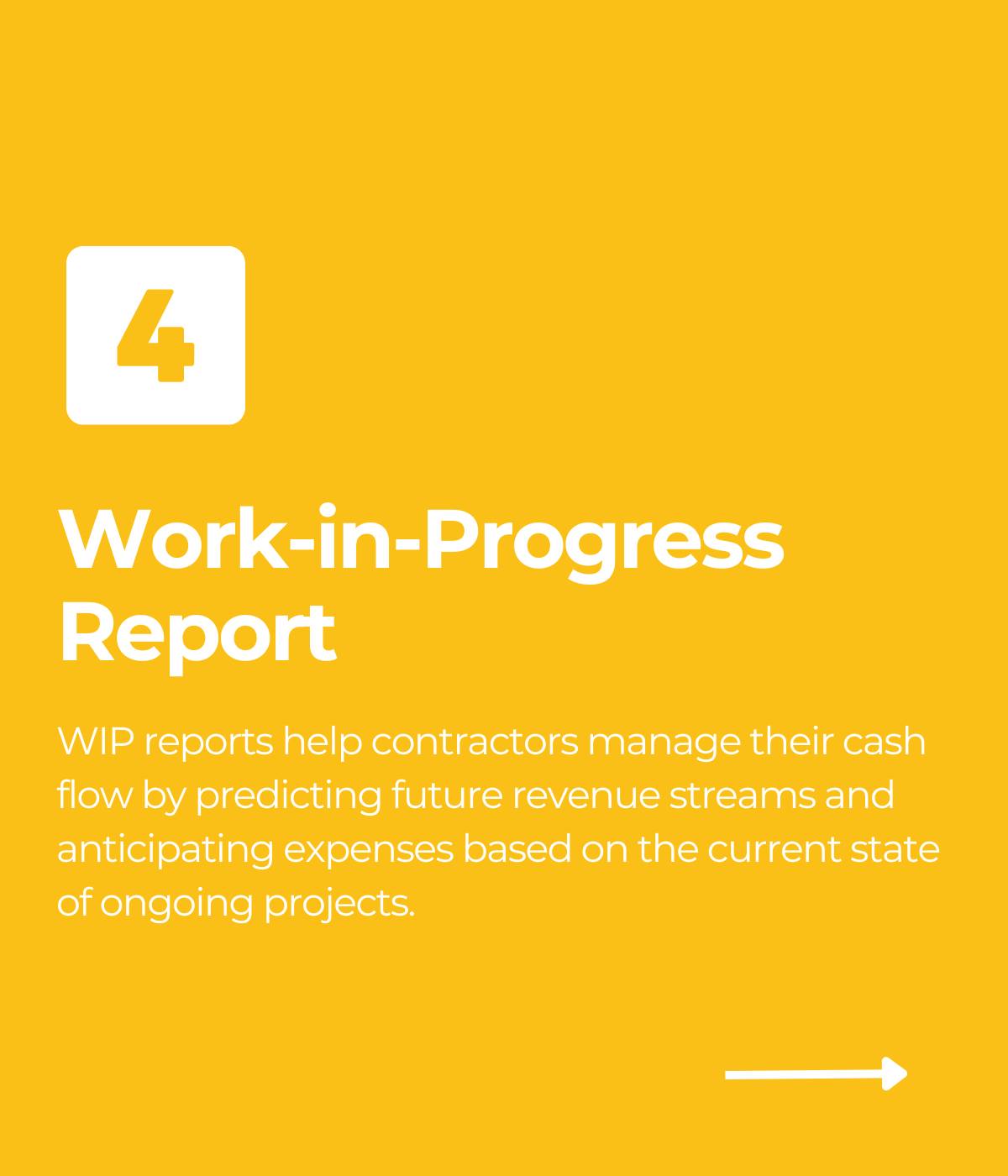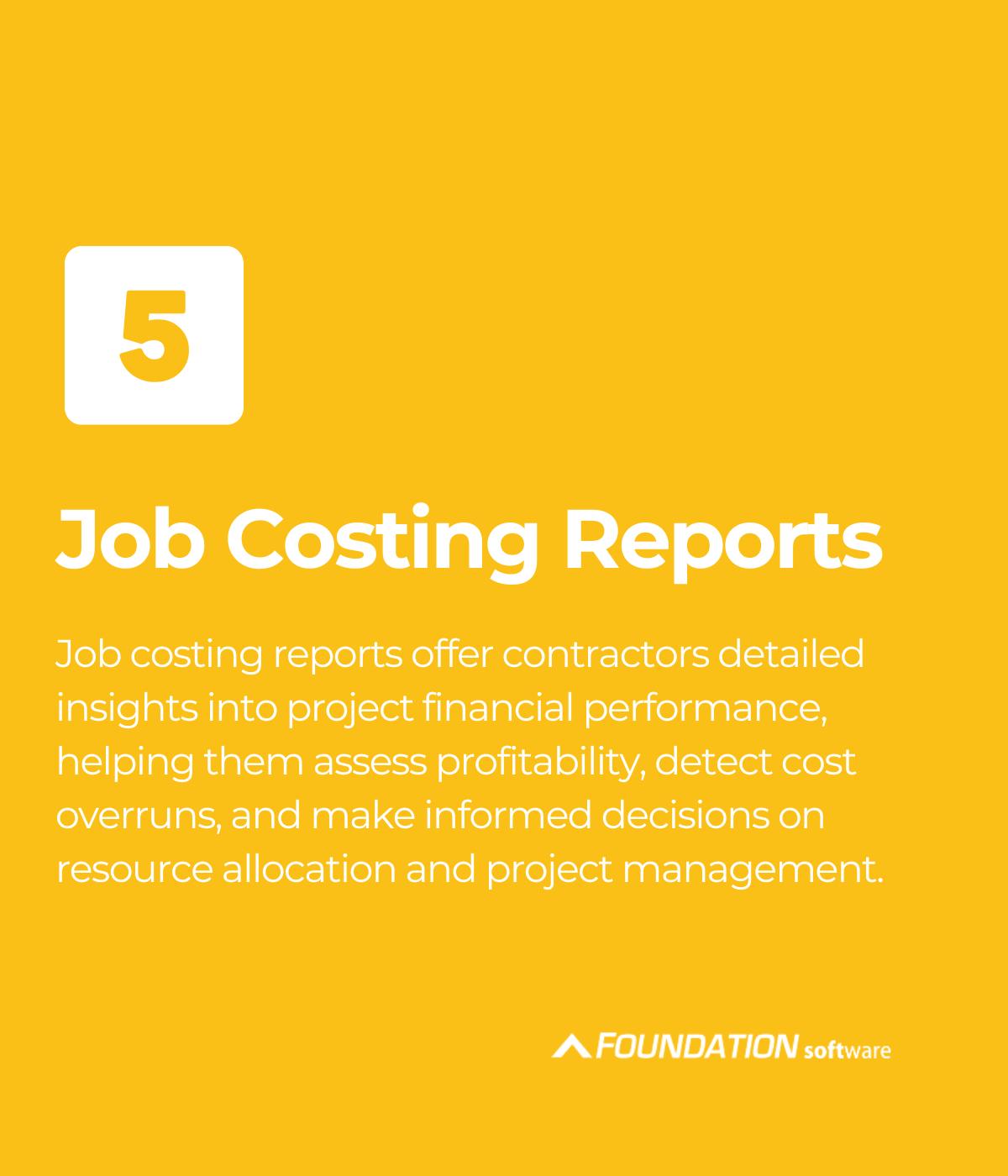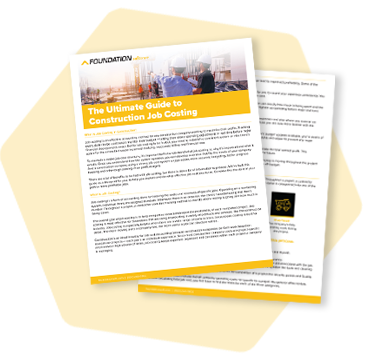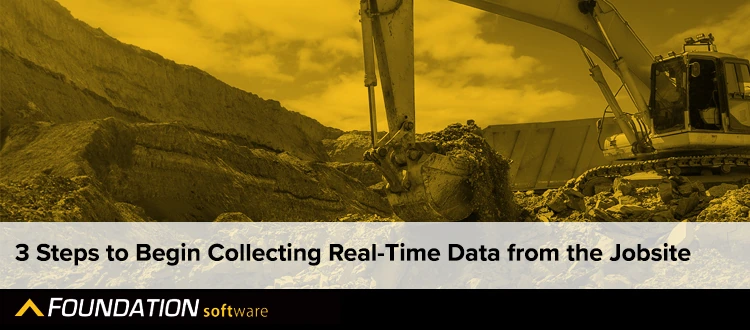
Guest Contributor: Raken
In the construction industry, real-time jobsite data is key to improving your projects. Valuable insights from data can help you see where you can boost your efficiency the most.
Unfortunately, companies are often too overwhelmed by a tight project timeline to focus on adding, or even improving, processes to collect data.

The reality? Data collection doesn’t need to be hard. That’s why we’ve outlined three simple steps needed to start collecting accurate, real-time data — so you can save your company time and money even in the midst of a busy project.
Read on to learn how easy it can be to collect impactful jobsite data.
1.) Identify What Field Data You Need to Collect
Start your efforts by identifying the types of data that have the potential to make the biggest impact on your business.
Here are a few examples of field data and the effects they can have on your business:
- Safety documentation that can protect your company in case an issue arises.
- Real-time production data to better guide your business decisions.
- Contextual information, like photos and videos, included with daily reports — so you have better jobsite visibility without having to visit.
Prioritized Data Collection in Action
In the wake of COVID-19, John W. Danforth Company knew that tracking project productivity would be vital during this uncertain time. Todd Follis, Danforth’s Vice President of Pre-Construction Planning, said “Everything with COVID-19 was an unplanned cost. But we’re able to show the impacts to labor and material, and we’re able to report that on a daily basis to the GCs and CMs, providing a real potential for fair and equitable compensation.”
For Follis and his company, they were able to leverage a tool that not only collected production data, but that also stored data so it was easy to find when needed.
2.) Make It Easy for Field Crews to Log Data
Technology (like construction software or apps) offers more flexibility for field crews. With easy-to-use features and a cleaner way to document everything, field crews can better focus on their work and get home to their families faster. Plus, giving them the ability to record and send data while they’re walking the jobsite helps ensure you’ll actually receive the data each day, no paper or remembering required.
To help save your field crews even more time, look for construction software that comes with a mobile app.
Some of the benefits of digitally collecting field data include:
- Adding media to daily reports (like photos and videos)
- Automatically capturing weather conditions
- Collecting time-stamped documentation
- Eliminating the need for re-entry of data and reports
- Working with more accurate data
When choosing new construction software, be sure to involve your crews from the start. Ask them questions about how work is going — and how work could be better. Learning their needs early on will help you find a solution that works for everyone. Plus, earlier buy-in means a better chance they’ll pick up (and continue using) your new software.
How the Right Tool Benefits the Field and Office
“Collecting data from the field provides benefits for our construction teams, yet if our crews aren’t happy with the reporting tools they’re using, these benefits can decrease,” said Siavash Mohseni, Virtual Design Construction Manager at Hensel Phelps.
After consulting with field crews to find the right data collection tool, Mohseni reported benefits for both the field and office. “So far, we’ve seen increased efficiency and decreased work hours for our field staff as well as more timely reporting.” And more timely reporting means you have the ability to make more informed decisions throughout projects.
3.) Test Which Data Collection Tool Works Best for Your Company
This last step is simply trial and error. You may have thought you found the perfect tool for your field crew only to find that your expectations are still not being met. If this is the case, you need to go back to step two — look for another solution that aligns with the needs of your field crew.
Worst case scenario, you may have to iterate this process a couple of times — but then you’ll be on the way to receiving accurate, real-time data.
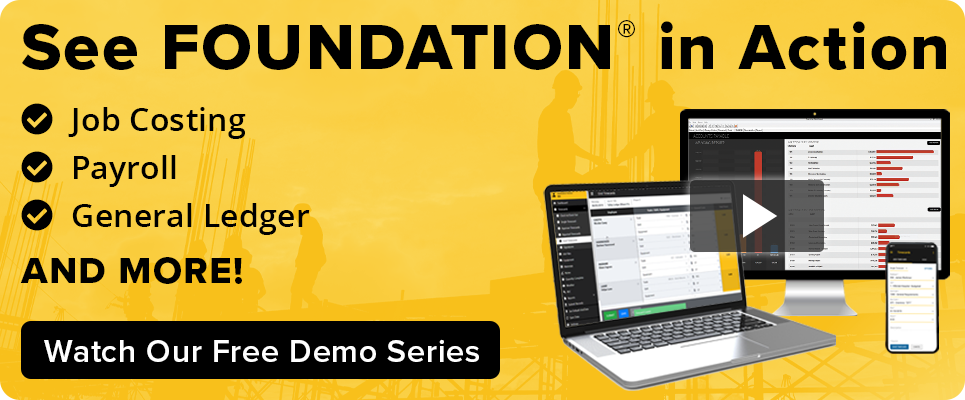
Receiving the Right Data at the Right Time
Many companies will read this and decide to wait until projects calm down. But data can have an immediate impact on your business. Taking the time to go through this process and improve even part of your data collection process can have a quick return by saving you a lot of time, frustration, and money.
Plus, an auto-created report summarizing daily progress means you get all your updates in one easy-to-see place — plus the proper documentation to prove all the work your team’s doing each day.
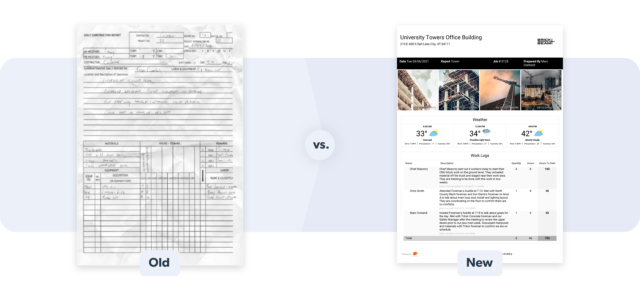
About Raken
At Raken, we believe that faster, better reporting will improve the working lives of nearly 10% of the US labor force — the percentage of people currently working in construction. Helping turn the worst part of their day into the easiest (and fastest) is why we do what we do. Ready to get started? Check out Raken, a field-first construction app that provides real-time data and insights to the office.
Share Article
Keep on current news in the construction industry. Subscribe to free eNews!
Our Top 3 YouTube Videos
Learn about our software more in depth with product overviews, demos, and much more!

Our ACA reporting & e-filing services include official 1094-C and 1095-C IRS reporting, optional e-filing (no applying for a TCC code required), mailing to your employees and experienced support to help you.

There are plenty of reasons to make FOUNDATION your choice for job cost accounting and construction management software — just ask our clients!
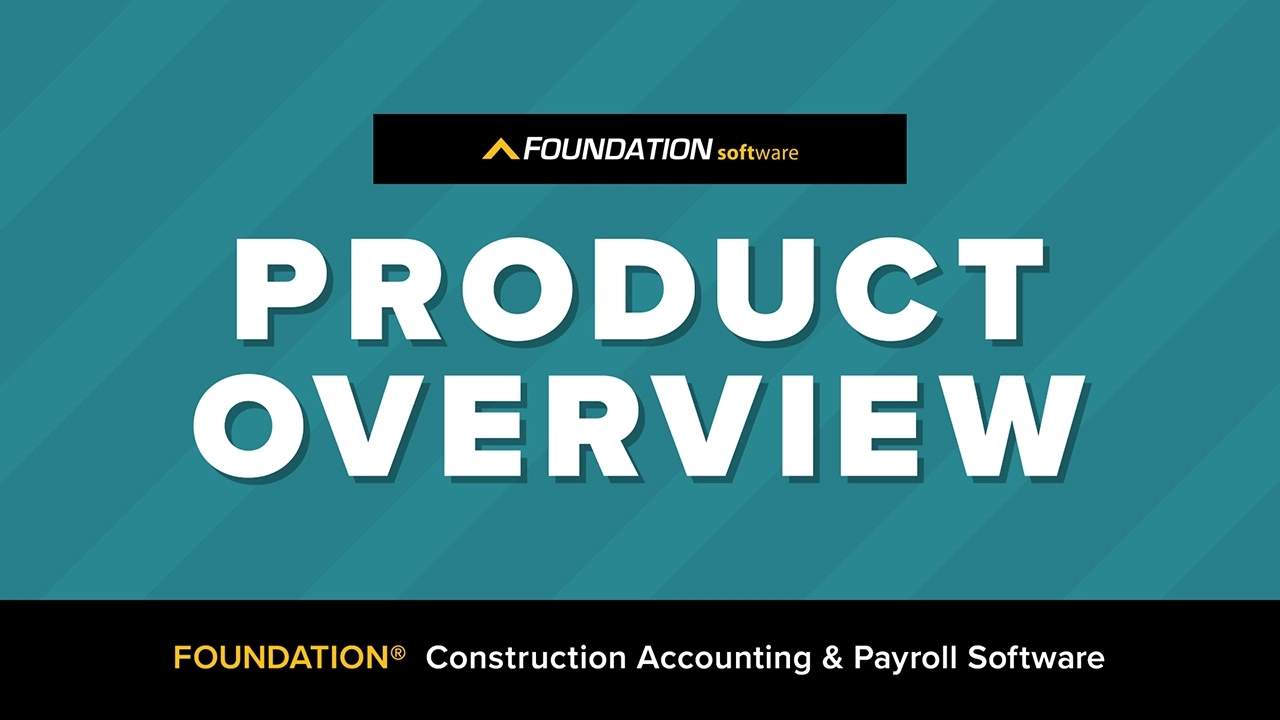
From job cost accounting software, to construction-specific payroll. Get an overview on your next all-in-one back-office solution.



